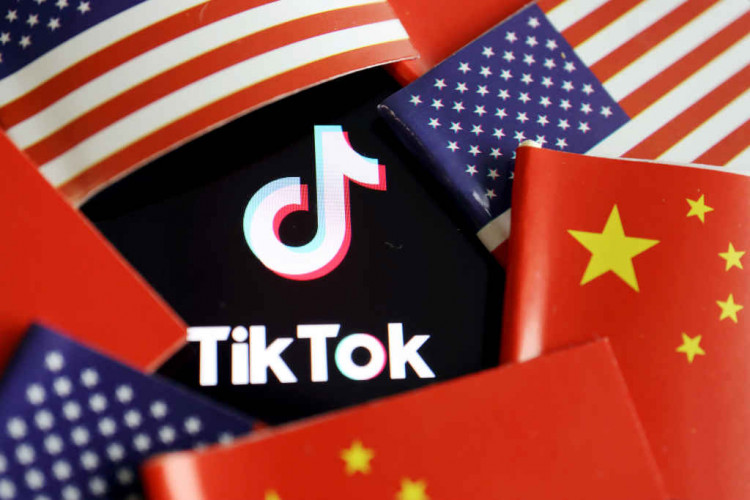The Supreme Court on Friday appeared poised to uphold a controversial law that could ban TikTok in the United States unless its Chinese parent company, ByteDance, divests ownership. During over two hours of oral arguments, the justices examined the law through the lens of national security and free speech, signaling a likely ruling in favor of the government's case.
The law, passed with bipartisan support in Congress, is set to take effect on January 19 unless blocked. It requires ByteDance to sell TikTok to a U.S.-based entity or face a ban on the popular platform used by 170 million Americans. While TikTok and its users have argued that the measure violates First Amendment rights, the government has justified the law as a critical step to protect national security.
"For years, the Chinese government has sought to build detailed profiles about Americans," said Solicitor General Elizabeth Prelogar in her arguments on behalf of the Biden administration. She warned that TikTok's vast troves of data could be used for espionage, harassment, or recruitment. "TikTok's immense dataset would give China a powerful tool," Prelogar said.
Chief Justice John Roberts appeared skeptical of TikTok's free speech arguments, emphasizing that Congress targeted ByteDance, not the app's content. "Congress doesn't care about what's on TikTok. They care about the control a foreign adversary has over the platform," Roberts said.
Justice Brett Kavanaugh echoed concerns about the potential misuse of user data, particularly the risk of blackmail or influence over future U.S. leaders. Congress and the president were concerned that "China was accessing information about tens of millions of Americans," Kavanaugh said.
TikTok's lawyer, Noel Francisco, argued that the law represents an unprecedented attempt to shut down a major speech platform. "I'm not aware of any time in American history where Congress has tried to shut down a major speech platform," Francisco said. He added that a forced divestiture would "effectively silence millions of American voices."
The Supreme Court's deliberations come against the backdrop of significant political stakes. President-elect Donald Trump, set to take office a day after the law's implementation deadline, filed an unusual brief asking the court to temporarily block the law so he could negotiate a resolution.
Trump's brief has raised questions about how his administration might enforce-or waive-the ban. During oral arguments, Justice Sonia Sotomayor cautioned against relying on any assurances of non-enforcement from the incoming administration. "I am a little concerned that a suggestion that the president-elect or anyone else would not enforce the law, when a law is in effect and is prohibitive of certain action, that a company would choose to ignore enforcement on any assurance, other than a change in that law," Sotomayor said.
Justice Neil Gorsuch, often a staunch defender of free speech, questioned whether Congress should have pursued alternatives, such as warning labels on the platform or disclaimers about potential Chinese influence. "Don't we normally assume that the best remedy for problematic speech is counter-speech?" Gorsuch asked.
TikTok's defenders, including content creators and advocacy groups like the American Civil Liberties Union and Cato Institute, have argued that the platform's unique algorithm enables ordinary Americans to amplify their voices in ways other platforms do not. Jeffrey Fisher, representing TikTok content creator Brian Firebaugh, said the law would harm creators by taking away their ability to work with their preferred publisher.
The case also highlights broader questions about the role of national security in regulating tech platforms. ByteDance's critics cite Chinese laws that compel companies to cooperate with government intelligence efforts, fueling concerns that Beijing could exploit TikTok's data for covert operations.
The law's provision for a 90-day extension if significant progress is made toward a divestiture has added uncertainty to the timeline. While ByteDance has reportedly explored potential buyers, no deal appears imminent.
TikTok's immediate future hinges on the court's decision, expected within days. Francisco warned that if the law takes effect, TikTok would "go dark" on January 19. While existing users could retain the app, its removal from app stores would prevent updates, making it increasingly vulnerable to security risks.




